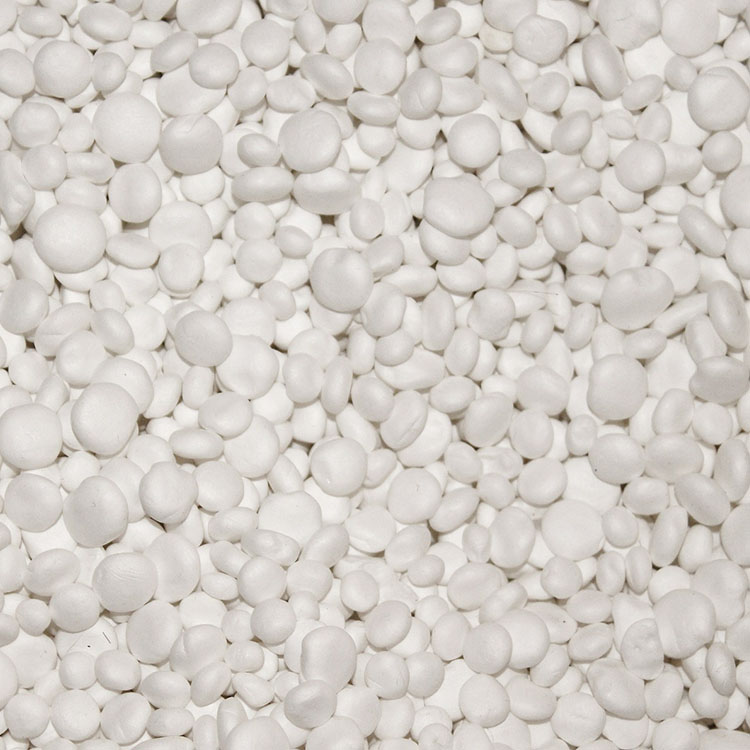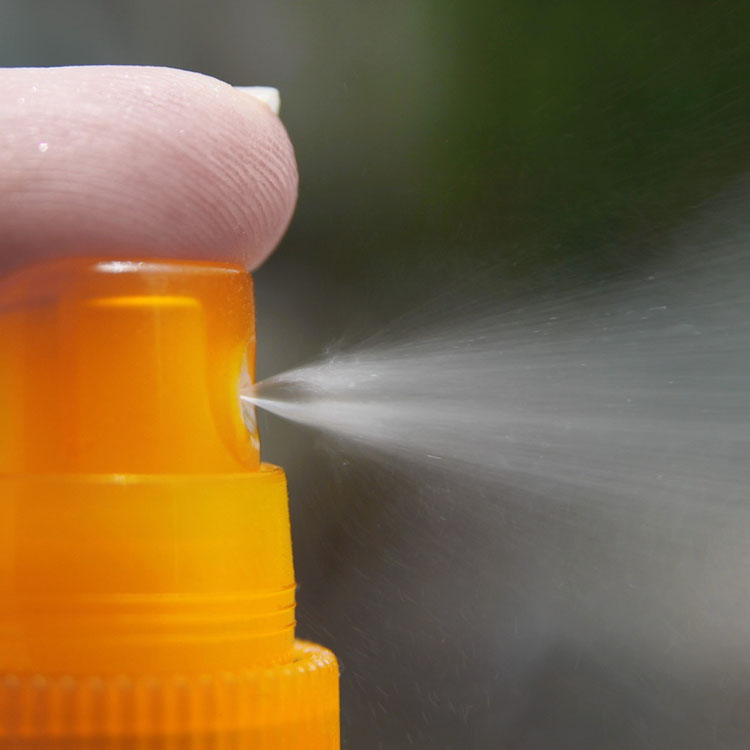Skunk Repellent
Humans are becoming increasingly dependent upon chemicals for pest control, and many home supply outlets and hardware retail stores sell skunk repellent, wildlife repellent, or generic "critter" repellent that promises results. There has not been a single documented case proving the efficiency of these products.

Why Skunk Repellent is Bunk
Chemicals that can be sprayed or spread on your property will first and foremost be washed away with rain or snow, and easily absorbed into the ground, never to be heard from again. Second of all, if there were one-size-fits-all solutions for wildlife removal, my company and countless others in the United States would be out of business.
Save yourself the $16-25 that these stores are selling skunk repellant for and contact a pro if you are unable to follow our exclusion guides to resolve your skunk problem. Take it from us, we've been in this business for a long time–every wildlife removal is different and a single product won't solve every problem.

Chemicals Found in Skunk Repellent
Chemicals found in skunk repellent are usually low concentrations of pesticides, napthalene (from moth balls), and similar substances in a diluted form. The reason they are so diluted is that these types of chemicals will pose a danger to humans if found in a high concentration, not to mention what they'd do to your lawn or garden if you sprayed them there.
Sound Machines and Noise Makers for Skunk Removal
Animals may be frightened by loud noises, but that fright lasts about as long as it takes to find a place to hide, not as long as the noise plays . Even animals with extreme hearing sensitivity will stick around for noise machines, like bats.
